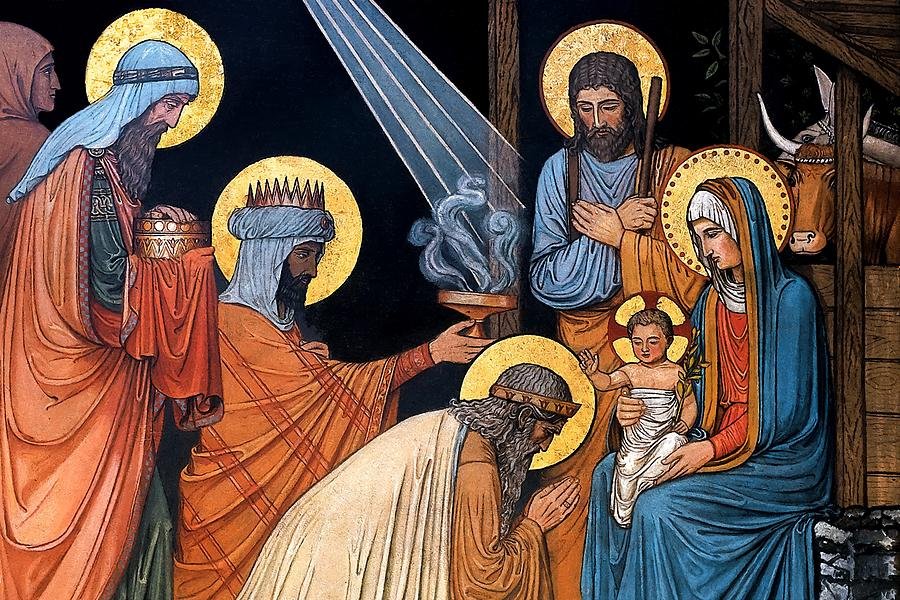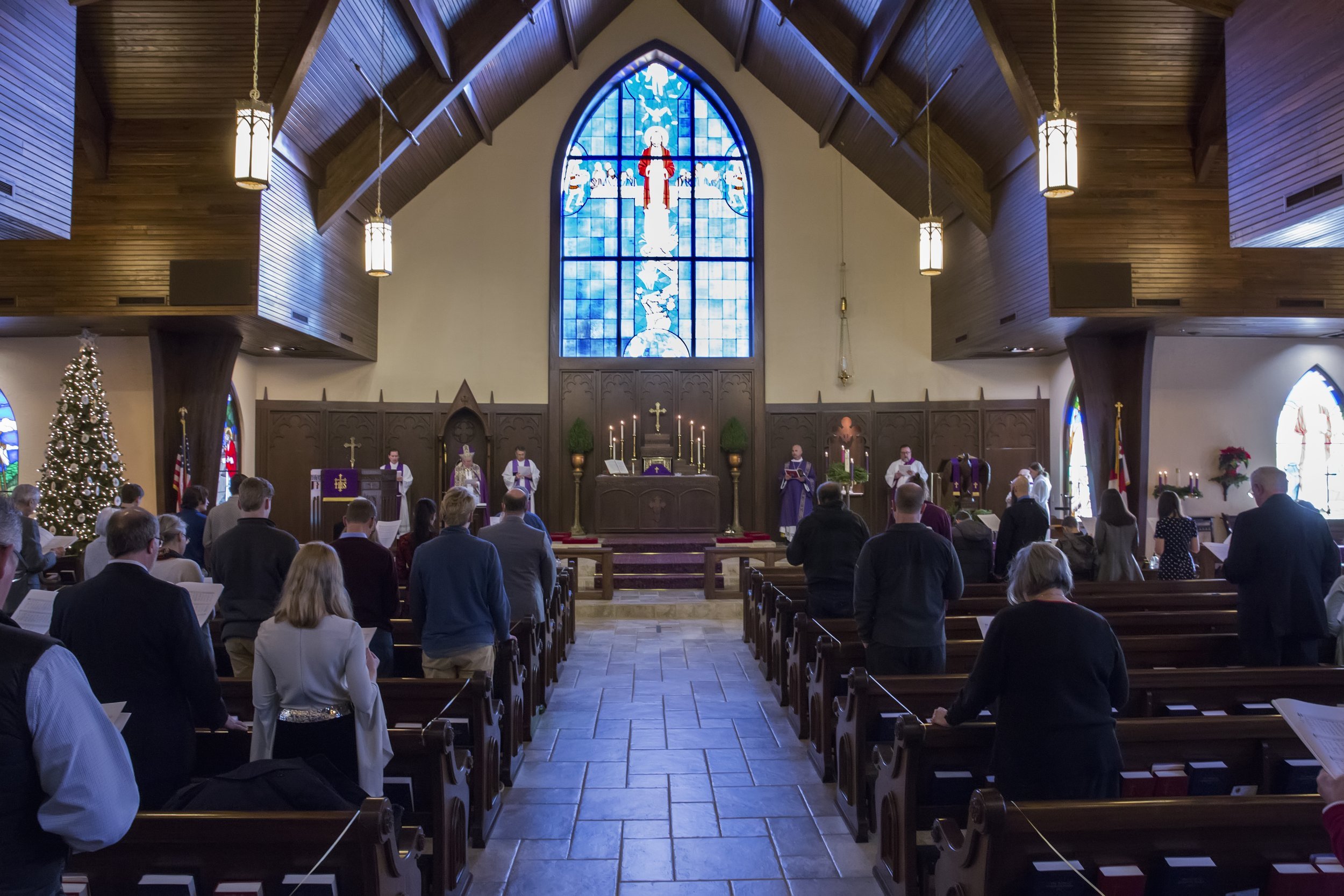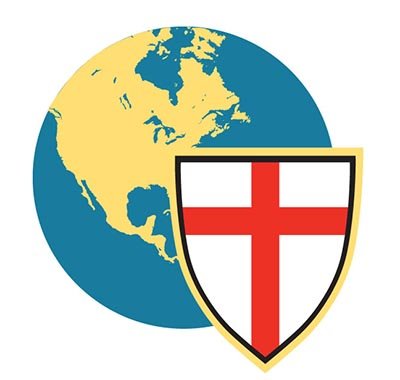
Our Clergy
Father Patrick Dorn, Interim Vicar
Father Patrick Dorn was ordained a deacon in the Anglican Church in 2000, and was ordained a priest in 2003. He was a geriatric and hospice chaplain for most of the past 24 years, in addition to serving at several Anglican churches in Colorado. Father Patrick is also an accomplished writer, with more than 100 published plays and numerous short stories. In addition to writing Weird Westerns, he is best known for his series of more than two dozen Father Declan Supernatural Mysteries, set in Ireland. Check out his author website at www.patrickdorn.com.
Retired Bishop Gerry Schnackenberg, Rector Emeritus
Bishop Gerry founded Epiphany in 2003 and served as rector through his retirement in 2021. Now a retired bishop in the Reformed Episcopal Church, he continues to attend Epiphany with his wife Pam when he is not serving elsewhere.

Our Diocese
The Reformed Episcopal Church - Diocese of Mid America
Built upon the foundation of the authoritative Word of God, the Holy Scriptures, the Reformed Episcopal Church sets her highest priority on biblical WORSHIP and declares her commitment to the work of EVANGELISM, the bold and unadulterated proclamation of salvation by grace through faith in the Lord Jesus Christ (Acts 8:4). In keeping the faith once delivered to the saints, the Reformed Episcopal Church, however, does not believe evangelism to be the end, but rather the beginning of her divinely given vocation
In addition to being evangelical, she is deeply committed to DISCIPLESHIP, the work of training evangelized men and women in Christian living (St. Matthew 28:20). When the Gospel is truly proclaimed and the mercies of God are made known, redeemed men and women must be led to offer their bodies as a living sacrifice, which is their spiritual service (Romans 12:1). Thus, the Reformed Episcopal Church understands the Christian life to be necessarily corporate. The Gospel call of salvation is not only to a savior, but also to a visible COMMUNION (I Cor.12:27) which, being indwelt by Christ's Spirit, transcends both temporal and geographic bounds.
Therefore, the Reformed Episcopal Church is CREEDAL, following the historic catholic faith as it was confessed by the early undivided Church in the Apostles' (A.D. 150), Nicene (A.D. 325) and Athanasian Creeds (circa. A.D. 401); SACRAMENTAL, practicing the divinely ordained sacraments of Baptism and the Lord's Supper as outward and visible signs of His inward and spiritual grace; LITURGICAL, using the historic Book of Common Prayer; and EPISCOPAL, finding unity with the Church of the earliest Christian eras through submission to the government of godly bishops.
The Anglican Church In North America
First and foremost, Anglicans are Christians. Globally, Anglicans form the third largest body of Christians in the world (around 80 million members) behind the Roman Catholic and Eastern Orthodox churches. The name “Anglican” is traced back to the ancient Anglo-Saxon tribes of Europe. Their island became known as England, and their Christians were known as Anglicans. The name has nothing to do with “angels.”
The Anglican ethos holds together three streams of the Christian Church. For those familiar with Church History, Dr. Les Fairfield provides a synopsis of the history that shapes its life today:
The Protestant movement recalled the 16th century Church to the primacy of the Word—written, read, preached, inwardly digested. The 18th century Holiness movement reminded the Church of God’s love for the poor. The Anglo-Catholic movement re-grounded the Church in the sacramental life of worship. All three strands are grounded in the Gospel. Each one extrapolates the Gospel in a specific direction. No strand is dispensable. Other Christian bodies have often taken one strand to an extreme. By God’s grace the Anglican tradition has held the streams in creative tension. This miracle of unity is a treasure worth keeping.




